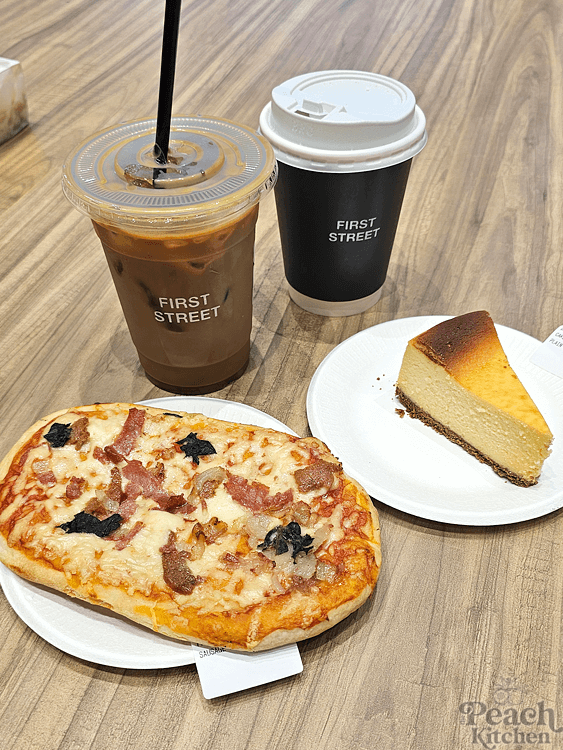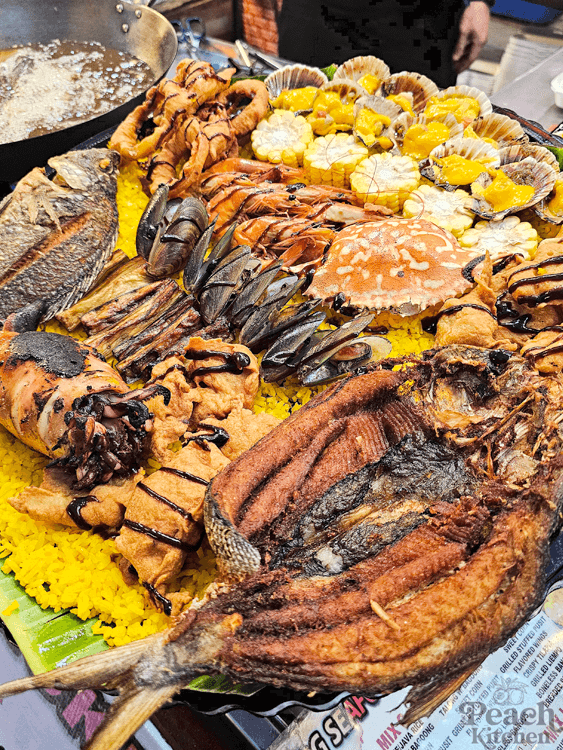Over the years, more and more Filipinos have started to use mobile banking and e-wallets for different types of transactions. As their popularity soars, online users face a detrimental threat. Instead of targeting cash, there are ill-intentioned individuals and groups who seek to get your online banking information and use it for their own means.
Banks and other payment solution companies continuously strive to put top-tier security measures in place. However, part of ensuring the safety of your personal data also relies on you. By doing your part, you can ward off malicious attacks and make sure that your banking information is safe and only for you to use. To accomplish this, here are some practical tips you can do to protect your mobile wallet and other online accounts.
Transact Only in Designated Centers
Stick to affiliated partners of your chosen banking account. Whether you’re seeking instant cash in or withdrawal, only transact in well-lit, designated centers like malls, banks, and other secure establishments. If you can’t easily access these places or machines, stick to online banking and e-wallets, which offer plenty of features besides sending and receiving money. You can also book flights and rides, top-up load, purchase goods, and even pay your taxes, among other functions.
Keep Your Phone Close at All Times
Today, the mobile phone can be considered an extension of a person’s identity. It’s where you keep your social media accounts, banking accounts, and emails—all of which contain sensitive personal information. Hence, you need to ensure your mobile device’s safety and keep them out of the hands of light-fingered individuals. Accomplish this easily by not leaving your devices unattended and keeping an eye on them when you put them down. For extra measure, always put on a screen lock.
Shop Only Through Reputable Sites
With the restrictions of the COVID-19 pandemic, shopping online has become the new norm. Whether you’re looking for office supplies or a gift for a friend, there are several options to choose from online. When shopping on the Internet, however, it is essential to stick to reputable shopping apps and the official websites of your favorite brands. After all, the last thing you want is to give your banking information to a fake site, right into the hands of potentially malicious people.
Never Share Your Passwords, PINS, and OTPs
Think of your passwords, PINS, and OTPs as the keys to your online financial vault. Anyone with the key can access your money. Hence, to protect your money, you need to keep this sensitive information to yourself. Avoid writing them down and do not share them with others. That said, this does not mean the other person is untrustworthy. You simply can’t rule out the possibility that they may accidentally share it with the wrong person and cause problems for you down the line.
Avoid Accessing Bank Accounts on Public Computers
There are a lot of computer shops in the Philippines, and it’s not uncommon for people to use them when they suddenly need to submit or accomplish something. In such cases, avoid using these computers when you need to access your financial accounts online. After all, you don’t know if somebody may have installed hidden programs that record keystrokes or screens.
Change Your Passwords Regularly
Secure your online accounts more effectively by regularly changing your passwords at least every three months. This practice helps ensure that any information that other people may have gleaned is no longer usable because you have changed the keys to your financial vault. Make sure to use unique and strong passwords for each account, and avoid using typical words like “password” or any of your personal information.
Learn to Spot Phishing Emails
Phishing emails are suspicious emails that aim to trick you into giving your personal information. They usually mimic official emails from reputable banks and direct you to a website or link that asks you to input your details. Beware of such scams. Remember that your bank already has your information, so there’s no need for you to submit them online. If you receive any phishing emails, report them immediately to your bank or e-wallet company.
Keep Your Gadgets and Accounts Updated
One crucial way to keep your financial data safe is by making sure that your banks and e-wallets have your latest information and that your mobile devices’ software is updated. Not updating them leaves vulnerabilities that malicious individuals may take advantage of. By putting in the time to update them, you can bolster your account’s security and prevent getting attacked.
Take Advantage of QR codes
The best way to keep your data safe is by keeping it yourself, but sometimes, you have no choice but to share some info. Sellers and freelancers, for example, need to share their account details with their customers. Protect your personal info by generating QR codes. These codes will encrypt your data but clients can still use them to send money in their corresponding apps.
Indeed, online banking and e-wallets have made it easier to transact, but it has its risks. To protect your personal information, keep these tips in mind the next time you need to access your digital wallets. In this manner, you can transact with peace of mind and enjoy these apps’ convenient features and perks to the fullest.
























